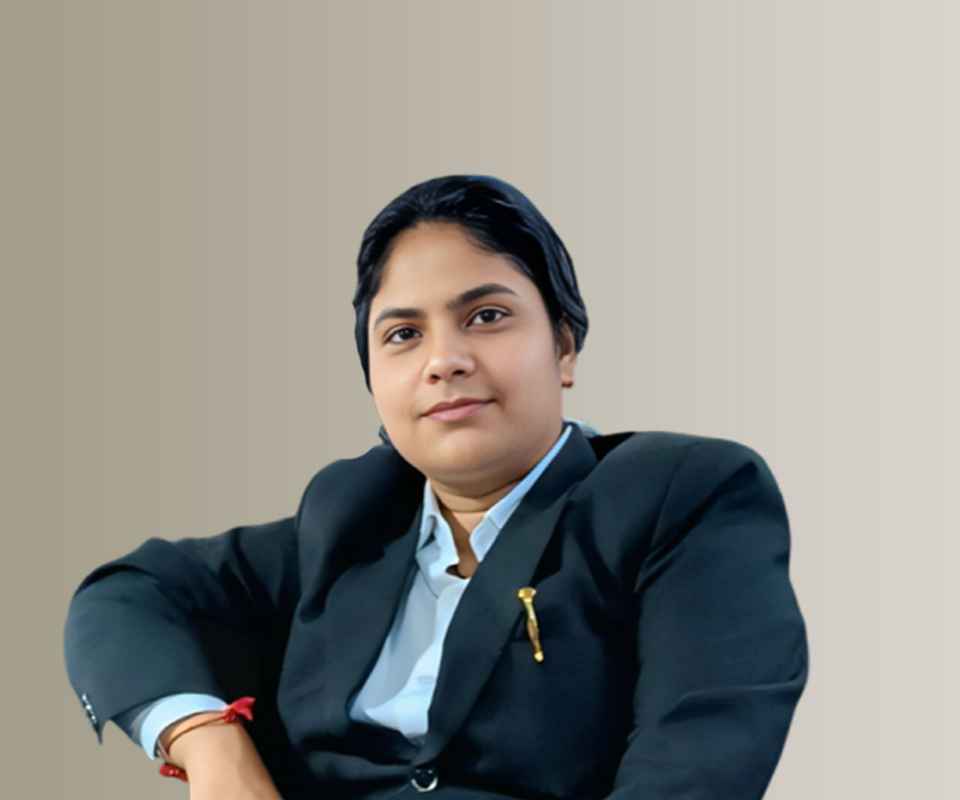Answer By law4u team
In child custody disputes, Indian courts prioritize the best interests of the child, balancing legal, emotional, and psychological factors. While judges play a pivotal role in deciding custody, it is relatively rare for them to meet the child alone directly. Instead, judges often rely on reports and recommendations from trained professionals such as family court counselors, psychologists, social workers, or Child Protection Officers who interact with the child and convey the child’s views and welfare to the court.
Judicial Practice Regarding Meeting the Child
Direct Meetings Are Rare
Typically, judges do not meet children alone due to concerns about the child’s comfort, emotional well-being, and the formality of court proceedings.
Use of Court-Appointed Experts
Family courts often appoint psychologists, social workers, or child welfare officers to conduct interviews and assessments with the child in a child-friendly environment.
Child’s Wishes Are Considered Indirectly
These professionals submit detailed reports regarding the child’s preferences, feelings, and circumstances to the judge, who considers these inputs in making custody decisions.
Age and Maturity Factor
In some cases involving older or mature minors (typically above 12-14 years), judges may allow limited direct interaction or hear the child’s views in chambers, ensuring it is done sensitively and without pressure.
Legal Provisions and Guidelines
The Juvenile Justice Act and Protection of Children from Sexual Offences (POCSO) Act emphasize child-friendly procedures, discouraging direct judicial examination that may distress the child.
Why Judges Prefer Professional Intermediaries
Protecting the Child’s Emotional Health
Direct contact with judges in a courtroom setting can be intimidating and stressful for children.
Ensuring Objective and Neutral Reporting
Experts trained in child psychology can better interpret the child’s behavior, needs, and wishes without bias.
Maintaining Procedural Fairness
This approach ensures that children are not caught in adversarial legal battles and their views are presented appropriately.
Consumer Safety Tips for Parents
- Encourage truthful and open communication between the child and court-appointed counselors.
- Avoid pressuring the child to take sides during custody disputes.
- Respect and support the child’s comfort during legal proceedings.
- Work cooperatively with court experts to facilitate a smooth assessment process.
- Understand that the court prioritizes the child’s welfare above all.
Example
In a custody dispute between parents, the family court appoints a child psychologist to interview the 13-year-old child. The psychologist meets the child in a friendly setting and prepares a report on the child’s preferences and emotional state. The judge reviews the report to decide custody, without personally meeting the child.
Court’s Likely Action:
Based on the psychologist’s findings, the judge grants custody to the parent better aligned with the child’s welfare and ensures visitation rights for the other parent, promoting the child’s stable upbringing.







